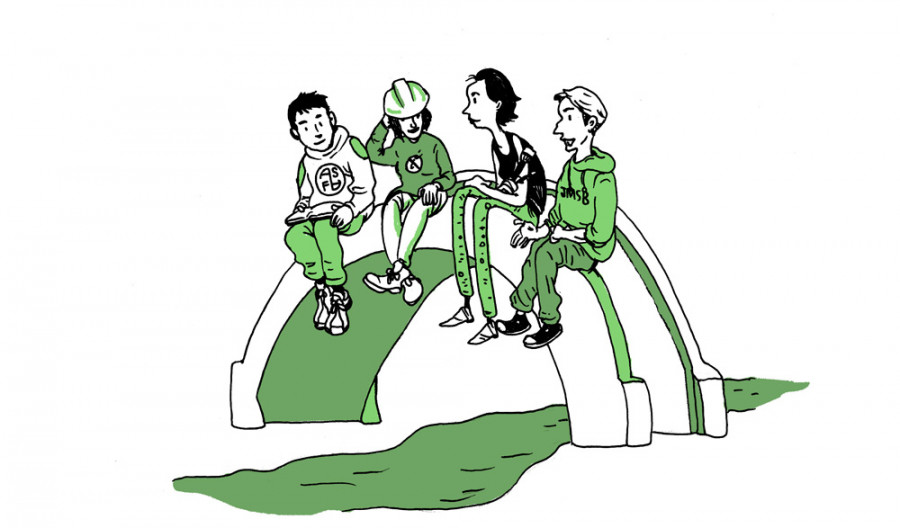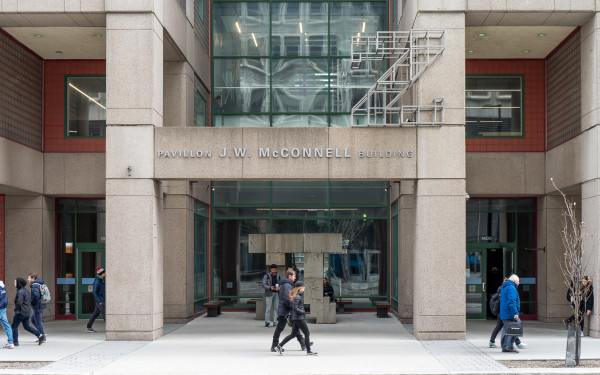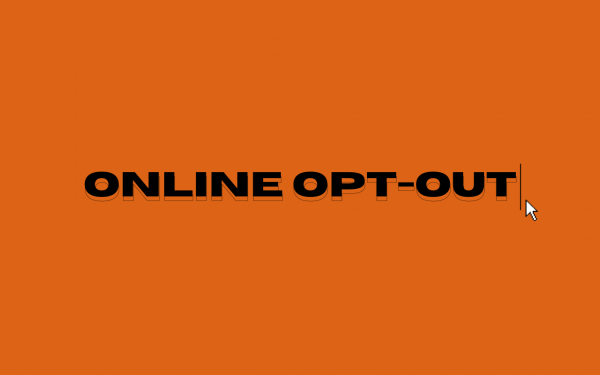Don’t Burn the Bridge
Fee-Levy Groups Provide Benefits Outside the Classroom
I’m probably one of the most unlikely people to be writing this article.
I’m a first-year Concordia student originally from British Columbia. I’ve only been on campus since September, and I haven’t even experienced a full CSU election. But I have taken the role of chairperson of the “Vote NO to per-faculty fee levy referendums” committee, and for the past week, like many other students, I’ve been trying to juggle my full-time course load while campaigning about this important issue.
I wanted to share my reflections on this process with fellow Concordia undergrads, and add some new insights and perspectives to the issues at hand, beyond what’s already been published and printed.
As chair of the Vote NO committee it was my role, along with my team, to encourage folks to join our committee in order to campaign. In just two days, more than 50 people joined the Vote NO committee, which is truly representative of students from all faculties, featuring students in engineering and computer science, the John Molson School of Business, fine arts and arts and science. As a committee, we show that students can and do work across faculties.
In organizing and working with students from all faculties, I quickly learned about the fabulous community-oriented projects undertaken by different groups of students, beyond the already amazing fee-levy groups that our committee is defending.
In the engineering and computer science faculty, the very active group Engineers Without Borders makes tangible links with underprivileged communities around the world.
The John Molson School of Business has a rich array of groups that challenge the idea of business solely as for-profit, through organizations like the Sustainable Business Group—that recently brought David Suzuki to Montreal for the Better Business Tomorrow conference—and CASA Cares.
Fine arts students organize an internationally recognized arts festival, Art Matters—which is also sponsored by fee levies—in addition to linking art practices with community endeavours. There are many similar efforts from arts and science students, such as community research initiatives, consent workshops, solidarity work and more.
All these projects benefit from being linked to the rest of the Concordia community, as opposed to occurring in isolation, and they seek out allies, co-sponsors and stakeholders.
It’s just such a basic principle that the success of any project, service or initiative relies on building bridges, not burning them—and a group like Engineers Without Borders literally builds bridges!
What’s so dangerous about approving per-faculty fee-levy referendums is that we burn bridges permanently by dividing students and preventing the possibility of working together. As students, we’re stronger when we collaborate across faculties.
For me—and the great majority of Concordia students—our campus experience is not just within the classroom. We want productive and enriching experiences outside of class that make what we learn in the classroom more relevant. This is where fee-levy groups come in.
I don’t know about all the groups, but I do know that in my next several years at Concordia, whether I want to be involved in journalism, media production, social justice organizing, sustainability, managing a business, volunteering abroad or more, fee-levy groups provide me with plenty of opportunities, be it as a volunteer, intern, employee or board member.
I had just started getting involved with a fee-levy group when the idea for per-faculty fee-levy referendums was proposed suddenly in early March. I want to make sure other students have the opportunity to be involved and to benefit from fee-levy groups like I’ve just started to do, which is why I became chair of the Vote NO committee without any previous CSU experience.
The upcoming referendum question puts the long-term viability of fee-levy groups in serious danger, and I want to make sure fee-levy groups stay feasible not just for my future years at Concordia, but for all students in the future.
I’m shocked that so many groups that contribute to the Concordia community in a constructive way are having their reputations unfairly attacked, despite their excellent accountability to students and the amazing projects they’re dedicated to.
Fee-levy groups are an essential part of Concordia, and anything directly affecting them needs to be discussed thoroughly.
What’s particularly problematic is that there was never any discussion beforehand between everyone concerned about these issues, and how to best go forward taking everyone’s interests into account.
Instead students are simply being asked, without any context and in a rushed way, to vote on a seemingly mundane bureaucratic procedure that has huge ramifications. The Concordia community—and students in all faculties—deserve better. That’s why I’m involved in the way that I am.
I encourage everyone to check out ConcordiaCommunity.org for more context and info on these issues, and if you agree, I encourage students from all faculties to come out between March 25-March 27 to vote no.
Genevieve Bonin is a first-year geography, planning and environment student and the chair of the “Vote NO to per-faculty fee levy referendums” committee.





__600_375_90_s_c1.jpg)

